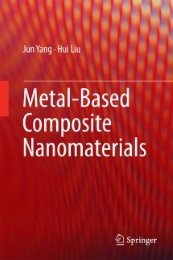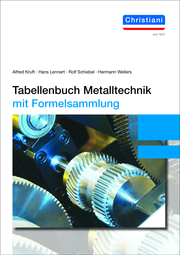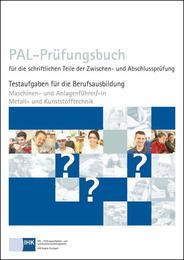Metal-Based Composite Nanomaterials (E-Book, PDF)
Metal-Based Composite Nanomaterials
eBook
Bibliographische Informationen
Format: Digitale Rechteverwaltung: Digitales Wasserzeichen
Beschreibung
Autorenportrait
Prof. Jun YANG was born in Hebei, China, in 1972. He received his Ph.D. in Chemical and Biomolecular Engineering in 2006 from National University of Singapore (with Professor Jim Yang LEE). After postdoctoral research at Boston College and University of Toronto, he joined the Institute of Bioengineering and Nanotechnology, Singapore in 2007. In 2010, he moved to Institute of Process Engineering, Chinese Academy of Sciences as the leader of Group of Materials for Energy Conversion and Environmental Remediation (MECER). His main research interests include (i) applied catalysis, (ii) nanocomposites for energy conversion, (iii) synthesis and application of novel nanocrystalline materials, and (iv) separation techniques.
Dr. Hui LIU was born in Shandong, China, in 1986. She studied environmental engineering at South-Central University for Nationalities (B.S. 2008) and organic chemistry at University of Science and Technology Beijing (M.S. 2010). She received her Ph.D. with Prof. Jun YANG at Institute of Process Engineering, Chinese Academy of Sciences (IPE-CAS) in 2014 and started as an Assistant Professor of Group of Materials for Energy Conversion and Environmental Remediation (MECER) at IPE-CAS at the same year. Her research interests focus on the synthesis of novel composite nanomaterials for energy conversion and environmental remediation, electrocatalysis, and Phase transfer-based extraction of heavy metals.
Inhalt
E-Book Informationen
„eBooks“ sind digitale Bücher. Um eBooks lesen zu können, wird entweder eine spezielle Software für Computer, Tablets und Smartphones oder ein eBook-Reader benötigt. Da es eBooks in unterschieldichen Formaten gibt, gilt es, folgendes zu beachten.
Von uns werden digitale Bücher in drei Formaten ausgeliefert. Die Formate sind EPUB mit DRM (Digital Rights Management), EPUB ohne DRM und PDF. Bei den Formaten PDF und EPUB ohne DRM müssen Sie lediglich prüfen, ob Ihr eBook-Reader kompatibel ist. Wenn ein Format mit DRM genutzt wird, besteht zusätzlich die Notwendigkeit, dass Sie einen kostenlosen Adobe® Digital Editions Account besitzen. Wenn Sie ein eBook, das Adobe® Digital Editions benötigt, herunterladen, erhalten Sie eine ASCM-Datei, die zu Digital Editions hinzugefügt und mit Ihrem Account verknüpft werden muss. Einige eBook-Reader (zum Beispiel PocketBook Touch) unterstützen auch das direkte Eingeben der Login-Daten des Adobe Accounts – somit können diese ASCM-Dateien direkt auf das betreffende Gerät kopiert werden.
Da eBooks nur für eine begrenzte Zeit – in der Regel 6 Monate – herunterladbar sind, sollten Sie stets eine Sicherheitskopie auf einem Dauerspeicher (Festplatte, USB-Stick oder CD) anlegen. Außerdem ist die Anzahl der Downloads auf maximal 5 begrenzt.
Weitere Artikel aus der Kategorie "Technik/Maschinenbau, Fertigungstechnik"
Lieferbar innerhalb 24 Stunden

Neuerscheinung

Derzeit nicht verfügbar







